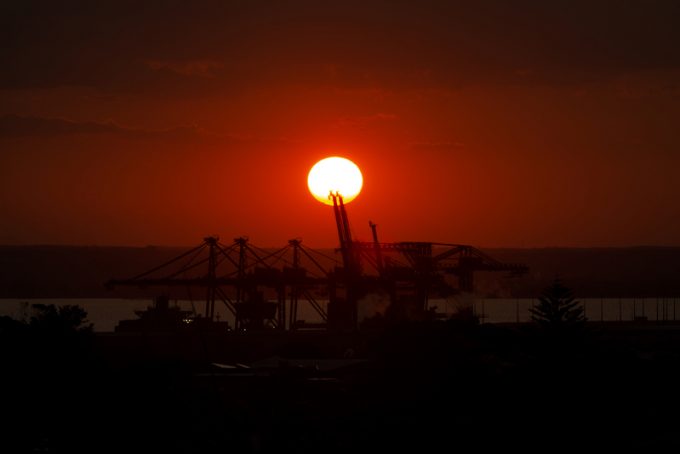New barge services a boost for shippers looking to source in Vietnam
The growing appeal of Vietnam as a sourcing location has always been challenged by its ...

Other strike-hit container terminal operators and supply chain players are backing a DP World Australia bid to end the “crippling” industrial action at Sydney’s Port Botany.
Work stoppages by the Maritime Union of Australia (MUA) have caused an 11-day cargo backlog at the port, with a ...

Comment on this article